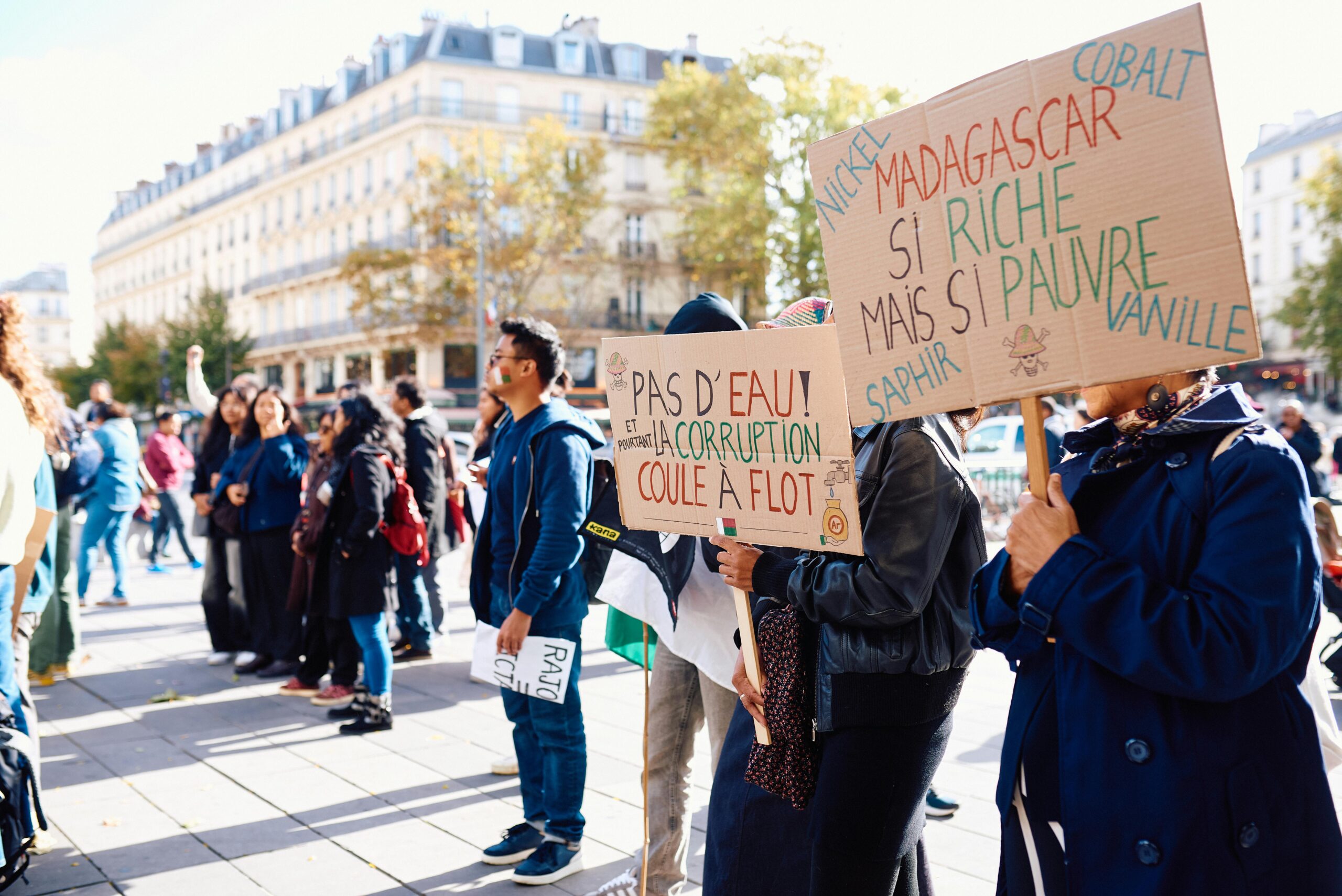
How Do Non-Secular Democracies Justify Their Political Systems?
Examining the Intersection of Religion, Politics, and Governance in Non-Secular States
Key Metrics:
- Global Prevalence: Over 30% of democracies worldwide identify as non-secular, embedding religious principles into their governance frameworks (Pew Research Center, 2024).
- Religious Influence: Countries like Israel, Pakistan, and Iran allocate up to 20% of annual budgets to religious or faith-based initiatives (World Bank, 2024).
- Public Sentiment: In non-secular democracies, 65% of citizens perceive religion as essential to national identity (Gallup International, 2024).
Introduction
While secularism is often viewed as a cornerstone of democracy, several nations operate as non-secular democracies, intertwining religious principles with political governance. These systems justify their approach by appealing to historical, cultural, and societal frameworks where religion is seen as an integral component of national identity. This article explores the justifications for non-secular democratic systems and their implications for governance, civil liberties, and inclusivity.
Defining Non-Secular Democracies
Non-secular democracies are political systems where religion plays a significant role in governance, often influencing laws, policies, and cultural norms. Unlike secular democracies, which emphasize the separation of church and state, non-secular democracies integrate religious tenets into their foundational structures.
Examples include:
- Israel: Identifies as a Jewish state, with laws influenced by religious traditions and institutions like the Rabbinical Courts holding judicial authority in family matters.
- Pakistan: Declares Islam as the state religion, with policies aligned with Sharia law.
- India: Though constitutionally secular, the increasing integration of Hindu nationalism into governance highlights elements of a non-secular framework.
Justifications for Non-Secular Systems
1. Cultural and Historical Legitimacy
Non-secular democracies often draw legitimacy from historical precedents where religion has shaped national identity:
- Israel: Established as a homeland for Jews, Israel’s governance framework reflects the integration of Jewish religious laws and traditions, justifying its unique identity amid geopolitical challenges.
- Pakistan: Founded on the principles of Islamic identity during the Partition of British India, Pakistan continues to view Islam as central to its cultural and political identity.
2. Moral and Ethical Framework
Proponents argue that religion provides a moral compass for governance, ensuring justice, compassion, and societal harmony. Religious laws are perceived as immutable and divinely inspired, offering stability in legal and ethical decision-making.
3. Majoritarian Representation
In non-secular democracies, the majority population often views the integration of religion into politics as a reflection of their collective will. This justification emphasizes democratic legitimacy, where the alignment of state and religion represents the preferences of the majority.
4. Preservation of National Identity
Religion is frequently tied to the preservation of cultural heritage and national identity. For instance:
- Iran: Positions Islam as a unifying force against Western cultural influences, portraying its non-secular model as a safeguard for Iranian values and traditions.
- Saudi Arabia: While not a democracy, its reliance on Islam to justify governance sets a precedent for blending faith with political authority in neighboring democracies.
Challenges and Criticisms
Despite these justifications, non-secular democracies face significant challenges:
1. Exclusion of Minorities
The privileging of one religion often marginalizes religious minorities. For example:
- Pakistan: Non-Muslims face legal restrictions, such as the inability to hold the presidency or prime ministership, underlining systemic discrimination.
- Israel: Critics argue that laws favoring Jewish citizens, such as the Nation-State Law, create disparities for non-Jewish populations, including Arabs and Druze.
2. Erosion of Individual Freedoms
Religious influence in governance can restrict personal freedoms, particularly in areas such as gender equality and LGBTQ+ rights. For instance:
- Iran: Enforces strict dress codes for women and restricts freedoms based on Islamic laws.
- India: Debates on issues like religious conversions and cow protection laws reflect tensions between individual liberties and religious majoritarianism.
3. Political Instrumentalization of Religion
Critics often accuse political leaders of exploiting religion for electoral gains, eroding the sanctity of both governance and faith. This politicization can deepen societal divides and fuel sectarianism.
Case Studies: Balancing Religion and Democracy
1. Israel: A Balancing Act
Israel’s legal system includes both secular and religious courts, reflecting a compromise between democracy and Jewish identity. However, ongoing debates about the role of ultra-Orthodox communities in policymaking highlight the challenges of balancing inclusivity and tradition.
2. Pakistan: Sharia and Modern Governance
Pakistan’s dual system incorporates both secular and Islamic laws. While this model seeks to cater to diverse societal needs, tensions between modern democratic ideals and traditional religious values remain evident.
Recommendations for Inclusive Non-Secular Democracies
To address criticisms and foster inclusivity, non-secular democracies can adopt the following measures:
- Strengthen Minority Protections: Enact and enforce laws ensuring equal rights and opportunities for all citizens, irrespective of religion.
- Promote Interfaith Dialogue: Encourage platforms for constructive discussions between religious and secular groups to foster mutual understanding.
- Limit Religious Politicization: Implement safeguards against the exploitation of religion for political gain, ensuring that governance remains people-focused.
- Adapt Legal Frameworks: Modernize religious laws to align with contemporary human rights standards, addressing issues like gender equality and personal freedoms.
Conclusion
Non-secular democracies occupy a unique space in the global political landscape, blending faith with governance to reflect historical and cultural identities. While these systems offer stability and a sense of unity for majority populations, they must address the challenges of exclusion, inequality, and politicization to remain true to democratic principles. The enduring question is whether non-secular democracies can evolve to balance tradition with inclusivity, ensuring that governance serves all citizens equitably.



